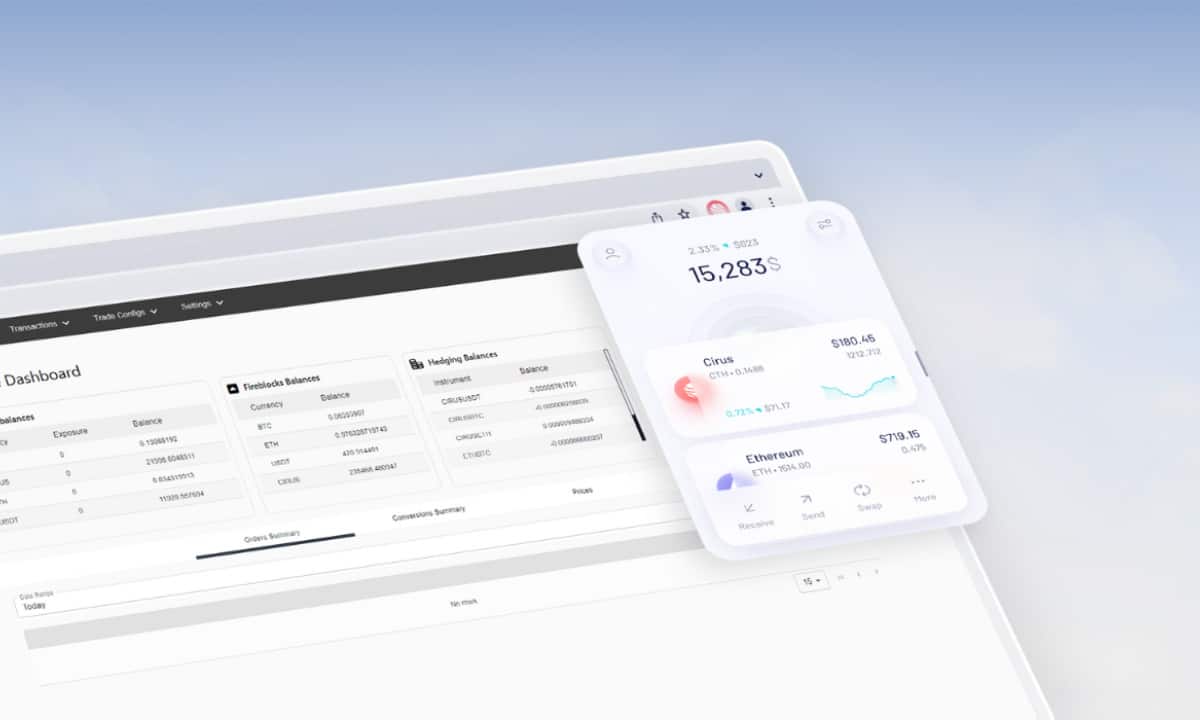Qtum To Undergo First POS Hard Fork: Upgrades Smart Contract Functionalities
Qtum brings forward a proof-of-stake blockchain and it’s poised to go through its very first hard fork. The upgrade is scheduled for tomorrow, October 17th, and it is intended to introduce a lot of improvements, especially to the functionalities of the network’s smart contracts.
Qtum’s First Hard Fork
Tomorrow, October 17th will see the first hard fork of proof-of-chain blockchain Qtum. As soon as the network upgrades, this will enable third-party gas payments which marks a major milestone. This also means that the new users will be able to start using DApps on the blockchain instantly. This will also enable developers to subsidize the cost of bringing in new users, hence lowering the overall barriers to entry.
The main idea of the team is to make sure that Qtum receives a considerable advantage over other smart contract platforms which have so far struggled to keep up with the high developer demand.
Qtum is intended to serve as a next-generation DApp network and the new suite of improvements is supposed to make it a prime candidate for the high demand for a secure and versatile blockchain that can host consumer and enterprise applications.
Speaking on the matter was Qtum’s co-founder, Patrick Dai, who noted:
“Qtum’s first hard fork keeps the incentives and community stakeholders aligned. Our consensus changes bring more value to developers with greater consistency between block times and expanded feature sets. We see the shift from Qtum 1.0 to 2.0 as much smoother road rather than driving off a ramp and hoping everyone lands without breaking any parts.”
Other Expected Updates
Additional updates which are set to be incorporated as part of the upcoming hard for include a revised difficulty adjustment algorithm. This will supposedly make the block times more stable. Furthermore, it would enhance the ability to support more sophisticated smart contracts.
Moreover, Qtum 2.0 is also going to add performance capabilities that are intended to allow it to compete with leading smart contract networks. The development of smart contracts should also become easier and since they will use less gas and network resources, developers will be able to create and to maintain smart contracts a lot more efficiently.
It’s also worth noting that the increased block spacing stability will also increase the transaction speed by an average of 12.5%.
The QTUM Token And Its Performance
The native token of the Qtum network is QTUM. At the time of this writing, it’s trading at around $1.70. It holds a market cap of around $163 million with a circulating supply of around 96 million QTUM tokens.

As seen on the chart, the cryptocurrency went through a decine over the past 5 days. Its chart looks a lot like that of Bitcoin, marking pretty much similar decreases at similar time periods.
However, it’s interesting to see whether the price will see any increases following the hard fork, as it’s a major milestone in the project’s roadmap.
The post Qtum To Undergo First POS Hard Fork: Upgrades Smart Contract Functionalities appeared first on CryptoPotato.









